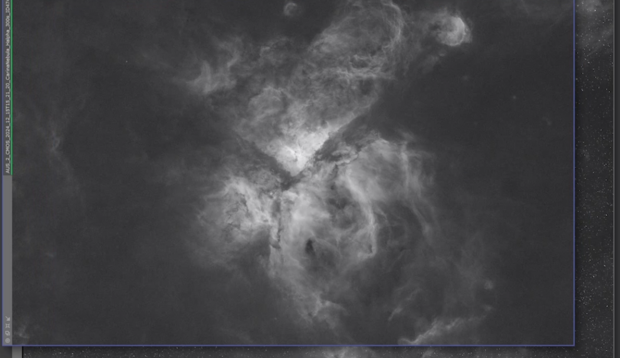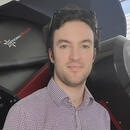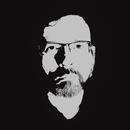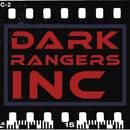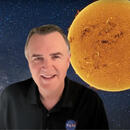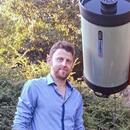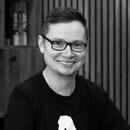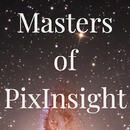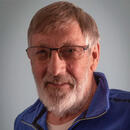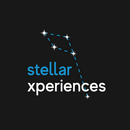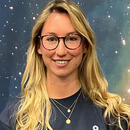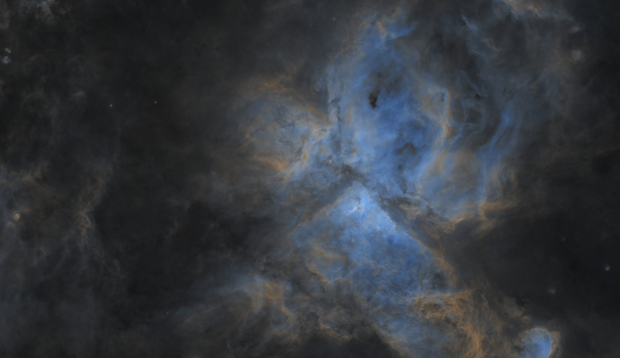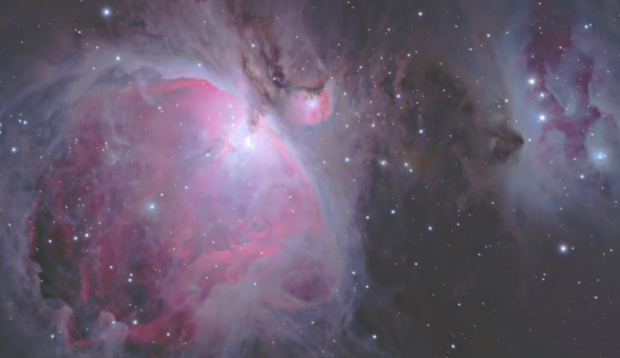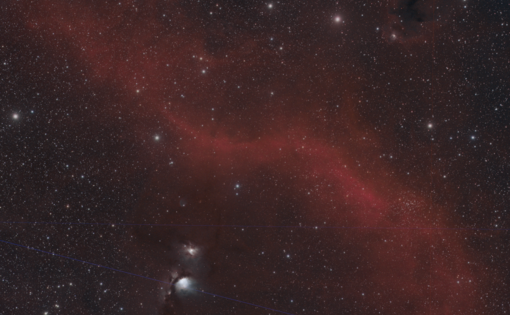Our tutors
Most Popular
All Tutorials
Enhance your Siril Post-Processing with GIMP
In this tutorial series, Telescope Live Co-Founder Alexander Curry explores GIMP, a free and powerful image editor, as an alternative to paid software like Photoshop and Affinity Photo. He demonstrates how GIMP can be used alongside SIRIL to enhance astrophotography images. Key topics covered include:
GIMP Interface and Essential Tools:
- Navigate the workspace, customize dockable dialogues, and understand layer management.
- Explore color correction, histogram adjustments, and selection tools.
Integrating GIMP with SIRIL:
- Perform initial stacking, star removal, and background calibration in SIRIL.
- Use GIMP for color balancing, noise reduction, and selective enhancements.
Final Adjustments and Star Recomposition:
- Reintegrate stars, refine contrast, and apply sharpening filters.
- Utilize GIMP’s built-in noise reduction and color grading tools for finishing touches.
This tutorial provides an accessible yet powerful approach to astrophotography editing using free software.
Multi-Camera Final Refinements in Affinity Photo: NGC 6744 Processing
In this final part of the NGC 6744 tutorial, Telescope Live tutor Nik Szymanek completes the image processing workflow by applying cosmetic corrections and color refinements in Affinity Photo. Key steps include:
Combining Luminance and RGB for LRGB Processing:
- Convert the luminance image to a 16-bit RGB file and merge it with the RGB image for enhanced detail.
- Flatten the image and export it as a high-quality TIFF file.
Gradient Removal and Star Integration:
- Extract stars using PixInsight’s Star Exterminator and process them separately.
- Use Graxpert AI for automatic background gradient removal before reintroducing stars.
Final Color and Detail Enhancements:
- Apply Tone Mapping for subtle contrast boosts in the galaxy without affecting the background.
- Use Selective Color and Clarity tools to refine spiral arm structures and highlight Hα regions.
This final stage brings out the full depth and color of NGC 6744, wrapping up a comprehensive multi-software workflow.
Post-Processing Multi-Camera Data in PixInsight - NGC 6744
In this follow-up to the stacking multi-camera data tutorial of NGC 6744, Telescope Live tutor Nik Szymanek expands on the dataset integration process, moving from Astro Pixel Processor (APP) to PixInsight for advanced image refinement. Key steps include:
Finalizing Stacking and RGB Combination in APP:
- Integrate all CCD and CMOS frames to produce high-quality LRGB masters.
- Use Multiband Blending (MBB) to seamlessly merge different datasets.
Processing in PixInsight:
- Crop Luminance and RGB images to a uniform size using Dynamic Crop.
- Apply BlurXTerminator to enhance detail through deconvolution.
- Use Gradient Correction to remove residual sky gradients.
Noise Reduction and Image Scaling:
- Utilize NoiseXTerminator AI3 for effective noise suppression with real-time previews.
- Adjust histogram settings to control brightness and preserve background details.
This tutorial sets the stage for the final enhancements in Affinity Photo, covered in the next tutorial.
Stacking and Integrating Multi-Year Datasets in Astro Pixel Processor
In this tutorial, Telescope Live tutor Nik Szymanek demonstrates how to combine astrophotography datasets taken years apart with different cameras using Astro Pixel Processor (APP). This method enables seamless integration of large datasets while maintaining high image quality. Key steps include:
Loading and Organizing Data:
- Import and analyze datasets captured with an FLI PL9000 CCD and a QHY 600M CMOS camera.
- Understand how APP handles different sensor sizes and orientations.
Calibration and Registration:
- Use APP’s Analyze Stars tool to assess sub-exposure quality and remove outliers.
- Fine-tune registration settings to align frames from different imaging sessions.
Stacking and Color Combination:
- Normalize images to correct background variations across multiple nights.
- Use Multiband Blending (MBB) and RGB integration tools to generate the final color image.
This tutorial provides a step-by-step workflow for integrating diverse imaging data into a high-quality astrophotography result.

